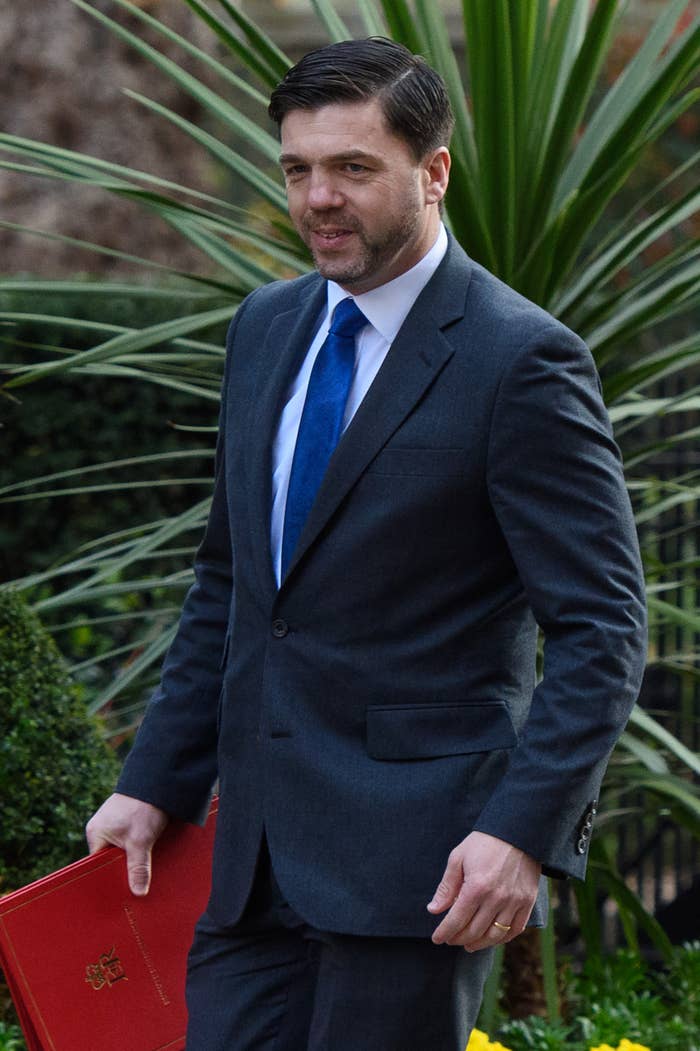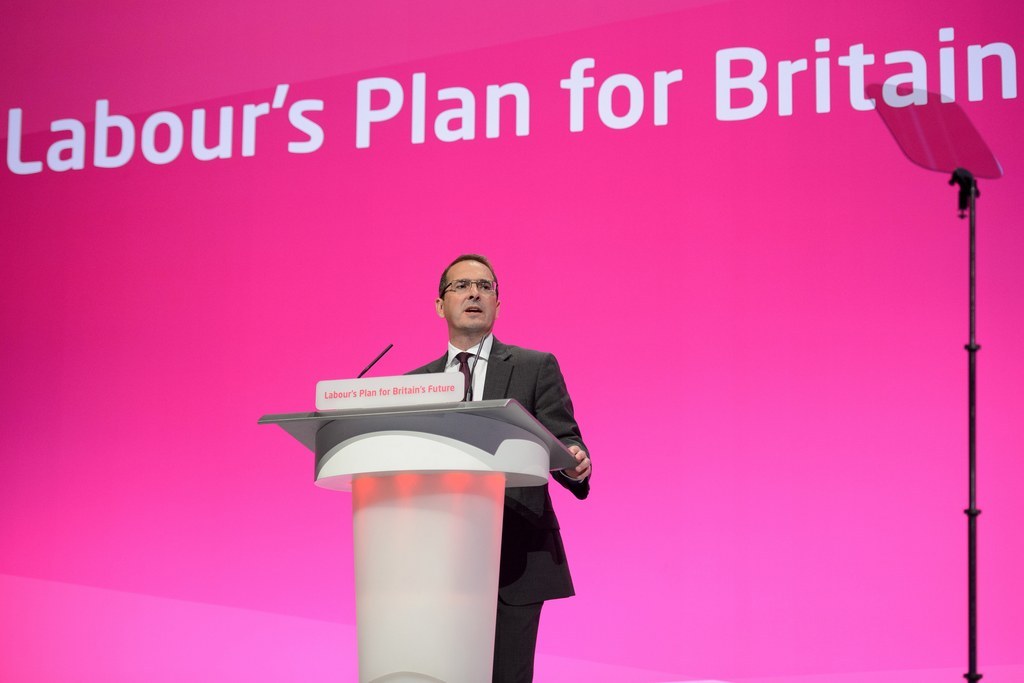
Universal Credit, the government's controversial welfare reform programme, was handed over to Iain Duncan Smith's successor as work and pensions secretary with 65 "live risks" attached to it, BuzzFeed News can reveal.
The high number of potential issues is revealed in a "risk register" that details problems that might happen in the course of implementing the scheme and actions being taken to prevent them. The register was disclosed by the Department of Work and Pensions in response to a freedom of information request by John Slater, a former IT project manager.
Stephen Crabb, who took over the DWP and the project following Duncan Smith's bombshell resignation earlier this month, is now facing calls for a rethink from Labour, which says the figures prove the project has "serious question marks over it".
Universal Credit, which aims to merge six benefits into one monthly payment, has been beset by problems, including the claim that many won't be able to work the online system, the belief that disabled people would stand to lose out under it, and above all delays in implementation.
In a 2011 press release, the DWP claimed 12 million benefits claimants would be claiming universal credit by 2017. This year the Commons public accounts committee has said the project will not be finished until 2021, and last month it claimed the department has been evasive in its explanations as to why.
The precise detail of the risks attached to the project is set to be revealed next month after Slater, together with investigative journalist Tony Collins, won a long-running court battle to make the papers public. The DWP is considering whether or not to appeal the decision, but this disclosure will pile pressure on Crabb to let the public see them.
Slater, who has years of experience in managing similar projects, suggested the risks listed were likely to include the possibility of job losses caused by moving to an online system, potential online security threats and issues dealing with commercial partners. "It's basically everything that could go wrong," he said.
The newly disclosed materal also shows the department listed 397 "closed" risks – those that have been resolved.
But Slater cast serious doubt on this claim, pointing out that an earlier FoI request he made in 2012 had shown only 30 live risks. It was, he said, "frankly not credible" that so many could have been dealt with in the time period since.
Slater said he had been pursuing the government for the documents since the massive IT project was first announced. "When I saw what Universal Credit was, it was so obvious that it was never going to happen in time," he said.

Owen Smith, the shadow work and pensions minister, told BuzzFeed News: "Following his resignation it is increasingly clear that Iain Duncan Smith has handed on the Universal Credit system with serious question marks hanging over it.
"It's worrying that there are over 60 live 'risks' with the programme and the DWP should be entirely open with people about what they are. Now that Universal Credit is set to take £1,600 a year from over 2 million working families, the Tories are trying to speed up the roll out significantly, which is likely to cause even more turbulence.
"The new secretary of state needs to look urgently at the Universal Credit programme rollout risks, ask serious questions about the potential for big mistakes being made with people's claims and reverse the cuts to working families."
A DWP spokesperson said: "Universal Credit is revolutionising the welfare system, and this kind of planning is normal when delivering a project of this scale.
"Universal Credit will be available in every job centre across the country from next month and claimants are moving into work quicker and earning more than under the old system."

Slater and Tony Collins have been trying to access other potentially damning documents regarding the project's early stages for four years. Earlier this month, following a protracted and costly legal battle, the DWP was ordered to publish the papers.
Slater said that similar documents had been released to the public regarding projects like HS2 and the badger cull: "That evidence has been released to the public and the world hasn't come crashing down". He said he felt it was likely the documents would show that the project had been rushed into being by Duncan Smith "banging his fist on the table, and no-one had the wherewithal to say 'You can't have it'".
In an 2015 an Upper Tier tribunal ruled in favour of the DWP and allowed the documents to remain private. Judge Edward Jacobs said the "risk register" should not be made public:
It is not difficult, looking at the Risk Register, to see how a journalist or blogger with an agenda could select and present parts of the material in a way that would generate attention and attract criticism of the Department. To take an example at a fairly general level, the officials may have identified a possible, difficult problem that requires a lot of action, which is itemised in the register... to someone with a different point of view, it could easily be presented as evidence of a project that is in trouble, or as evidence of waste of public funds on a flawed project. This could generate media attention, which would in turn require a response from ministers, leading to the... disruption of normal business...
Slater said he found the reasoning hard to understand, and the latest judgment, which found in his and Collins' favour, supports his point of view – Judge Chris Ryan said: "It is, in any event, a perfectly appropriate performance of the media's role in a modern democracy for it to investigate and comment on the implementation of a major reform involving large sums of public money and a potentially crucial impact on the lives of some of the least fortunate members of society."
